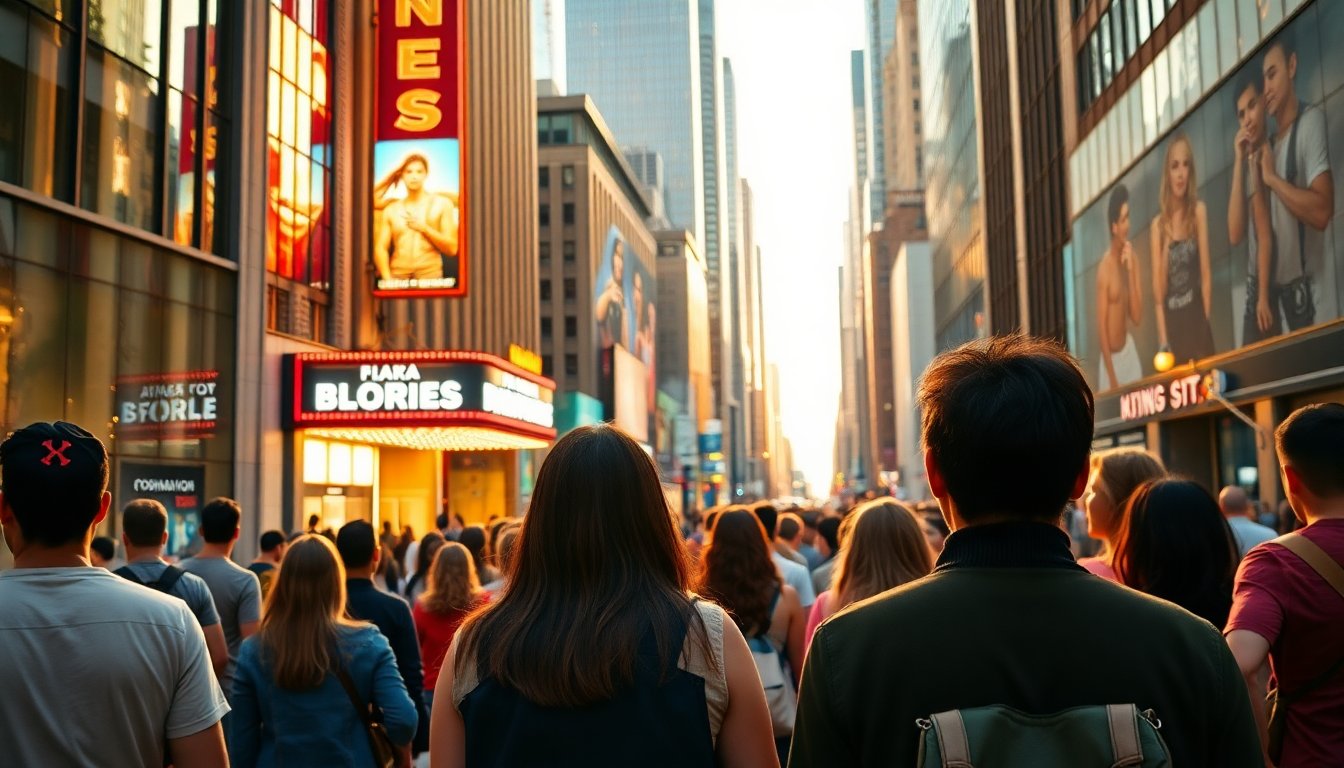Table of Contents
American celebrities have long played a crucial role in the global cultural landscape. Their influence extends beyond entertainment, impacting fashion trends, social behaviors, and political movements. This article examines the multifaceted roles that American celebrities occupy in society, focusing on how their platforms and personas shape public opinion and cultural norms.
The Power of Celebrity Influence
In today’s society, the term celebrity often conveys power and influence. The rise of social media has intensified this effect, allowing celebrities to communicate directly with fans and followers. Platforms such as Instagram and Twitter enable them to share their thoughts, lifestyles, and causes, fostering a personal connection with their audience. This direct communication significantly impacts public perception and behavior.
Trends and Consumer Behavior
American celebrities notably influence culture through trendsetting. A celebrity endorsement can lead to a surge in a product’s popularity. For instance, when Kylie Jenner launched her makeup line, it quickly became a household name, illustrating the power of celebrity in driving consumer behavior.
Additionally, celebrities often collaborate with brands to create marketing campaigns that resonate with followers. These partnerships can boost sales and brand loyalty, as fans are more inclined to purchase products endorsed by someone they admire. In this context, celebrities serve as powerful brand ambassadors, shaping consumer preferences and behaviors.
Social Activism and Responsibility
Beyond fashion and consumerism, many American celebrities leverage their platforms for social activism. Prominent figures like Leonardo DiCaprio and Emma Watson advocate for environmental issues and gender equality, respectively. By utilizing their fame, they raise awareness about critical societal challenges and inspire action.
Changing the Narrative
Through their activism, celebrities can challenge existing narratives and promote social change. The #MeToo movement, for example, gained traction due in part to celebrities sharing their experiences with sexual harassment and assault. This movement encouraged victims to come forward and sparked broader discussions about consent and workplace culture.
Moreover, celebrity influence extends to political matters. Many have taken stands on issues such as climate change, healthcare, and voting rights, urging their followers to engage in the political process. Their ability to mobilize millions can lead to significant social and political change, highlighting the responsibility that accompanies their influence.
The Evolving Landscape of Celebrity Culture
As we progress through the digital age, the landscape of celebrity culture continues to evolve. The emergence of influencers—individuals who may not fit traditional definitions of celebrity but have garnered substantial online followings—has shifted the dynamics of influence. These influencers often connect with their audiences in a more relatable and authentic manner, forging a different type of relationship.
In this new environment, the boundaries between celebrity and influencer are increasingly blurred. While traditional celebrities wield significant sway, influencers often target niche markets and mobilize specific communities effectively. This evolution demonstrates the diverse ways influence manifests in contemporary culture.
In conclusion, the impact of American celebrities on culture is profound and multifaceted. From shaping consumer behavior to promoting social activism, their influence is pervasive. As we navigate a world where celebrity culture constantly evolves, it is essential to recognize the power and responsibility that accompanies such influence.


